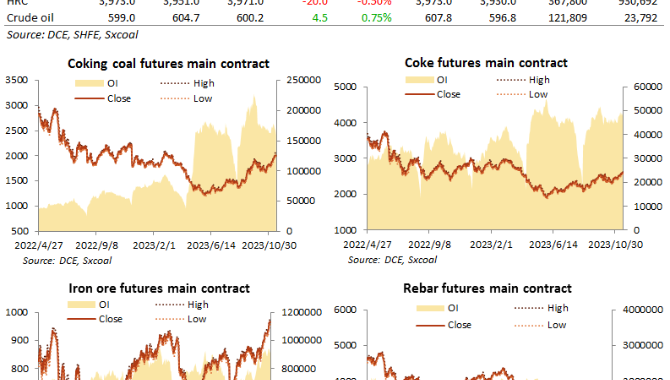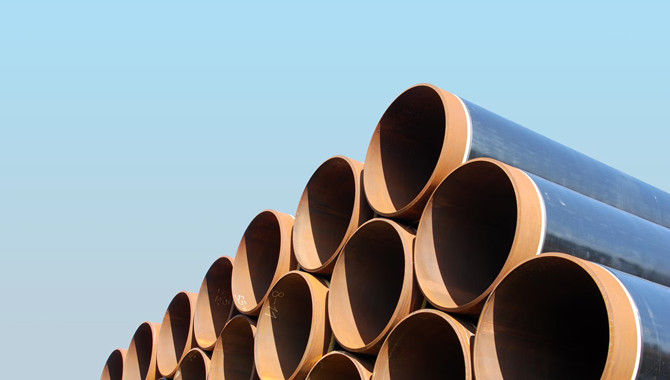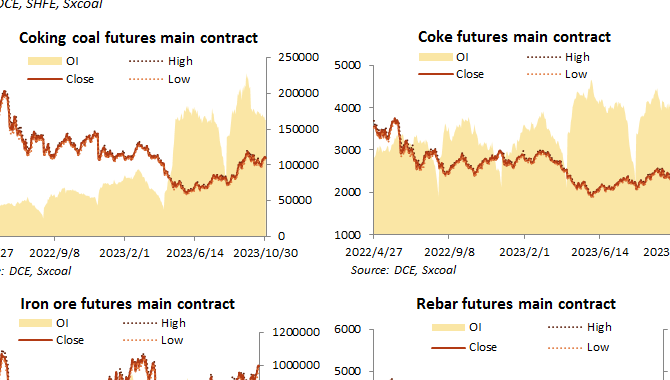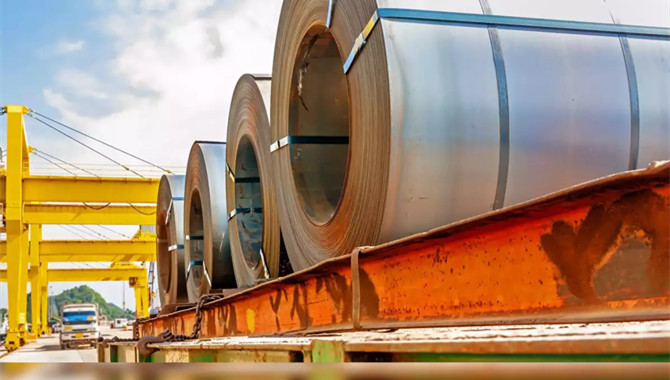
Chinese iron ore futures soared to a 16-month peak on Monday after Brazil’s mining agency ordered Vale SA, the world’s biggest iron ore producer, to halt operations at its Corrego do Feijao mine following a deadly tailings dam collapse.
The dam broke on Friday, releasing a torrent of mud that slammed into Vale’s mining facilities and cut through a nearby community, killing 58 people, with hundreds still missing.
The most traded iron ore on the Dalian Commodity Exchange rose as much as 6 percent to 567.5 yuan ($84.23) a tonne, the highest since September 2017, before paring gains to close 2.8 percent higher at 550.5 yuan.
“The accident involves Brazilian high-grade ore. However, I think physical prices may not change significantly as the futures are doing because the market has already been very, very quiet (ahead of the Lunar New Year holiday in early February),” said Richard Lu, an analyst at CRU consultancy in Beijing.
China, the world’s biggest consumer of the steelmaking ingredient, needs higher-quality, less-polluting grades of iron ore in its long-running anti-smog campaign.
The Corrego do Feijao mine shutdown will result in a 1.5 percent production loss at Vale, which will have a “negligible” impact on supply, said Helen Lau, an analyst with Argonaut Securities.
“Overall, we do not expect to see a big rebound in iron ore prices in view of this deadly accident as China’s iron ore demand over the short term will be mild due to weak seasonality,” Lau said in a note.
How long would the mine shutdown last is the big question, CRU’s Lu said.
“The short-term impact is limited considering the mine itself only has 7.8 million tonnes capacity and China’s current iron ore inventory is still high,” a Qingdao-based iron ore trader said.
Coking coal was nearly flat at 1,222 yuan a tonne, up 0.04 percent, while coke edged down 0.7 percent at 2,041 yuan.
Steel futures seesawed before ending lower, despite a second-level or “orange” pollution alert issued by China’s biggest steelmaking city, Tangshan, for a wave of smog expected to blanket the region. It will be in effect from Jan. 28 until Jan. 30.
The alert means steel mills will have to curtail sintering operation by 30 percent to 60 percent, or even shut, based on their emission levels.
The most-active rebar contract on the Shanghai Futures Exchange was 0.8 percent lower at 3,681 yuan a tonne. Hot rolled coil dropped 1 percent to 3,588 yuan.
Source: Reuters
Please Contact Us at:
admin@xindemarine.com


 PIL launches Academy to strengthen workforce compet
PIL launches Academy to strengthen workforce compet  Coal shipments to advanced economies down 17% so fa
Coal shipments to advanced economies down 17% so fa  China futures market updates at close (Nov 14)
China futures market updates at close (Nov 14)  CISA: China's daily crude steel output down 5.7% in
CISA: China's daily crude steel output down 5.7% in  China futures market updates at close (Oct 31)
China futures market updates at close (Oct 31)  CISA: China's daily crude steel output down 1.2% in
CISA: China's daily crude steel output down 1.2% in